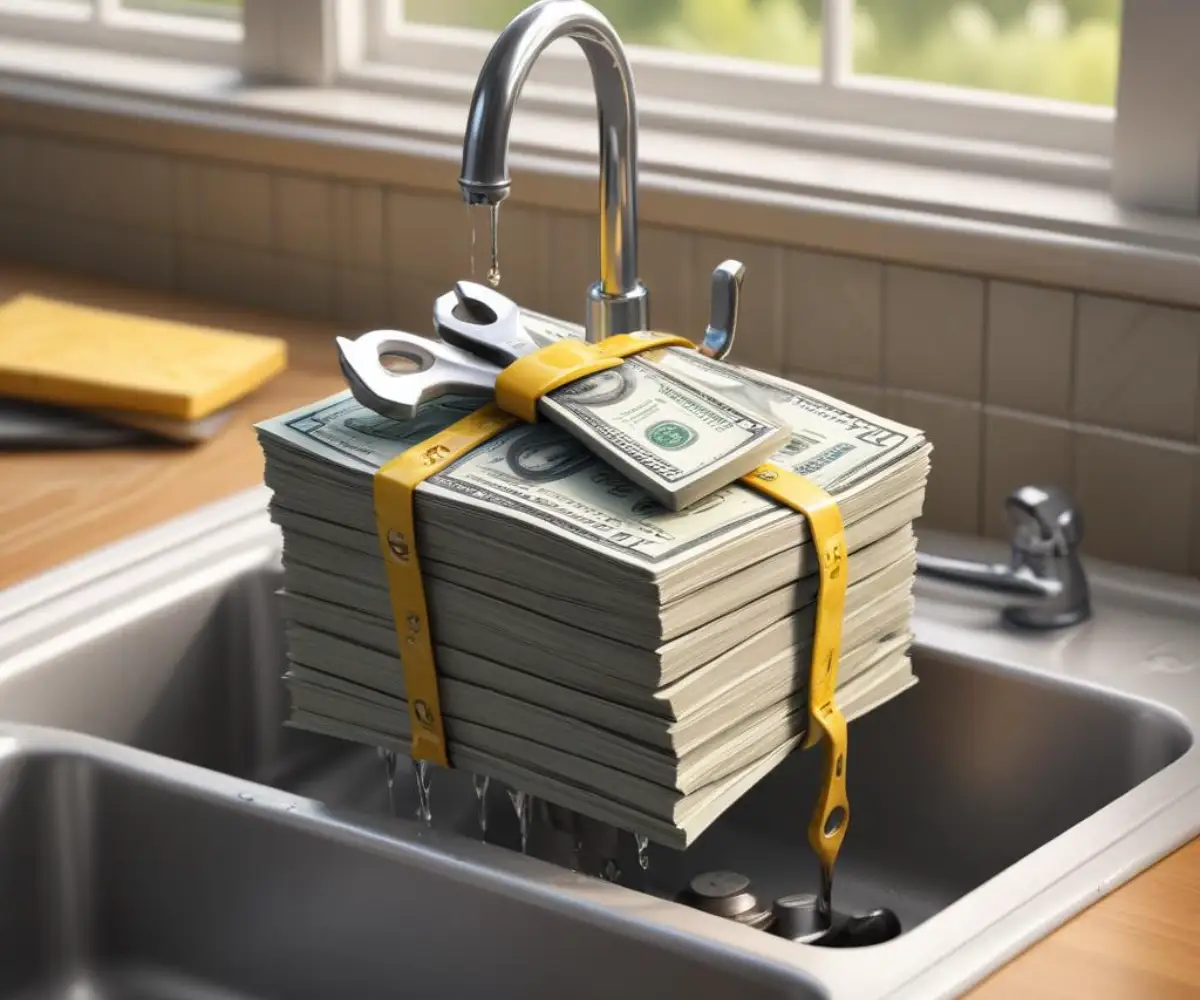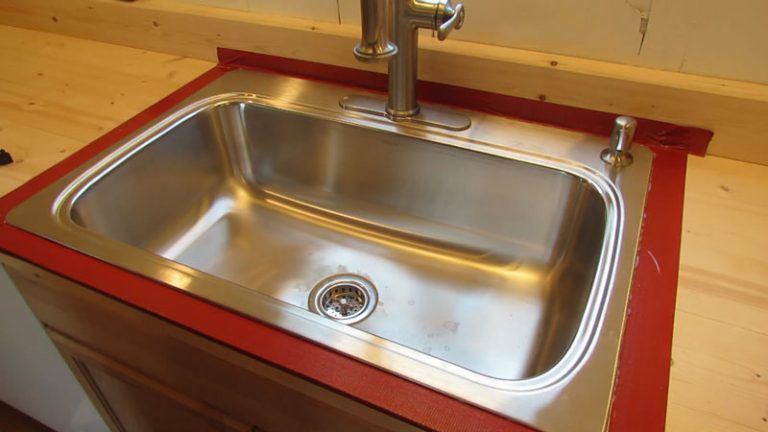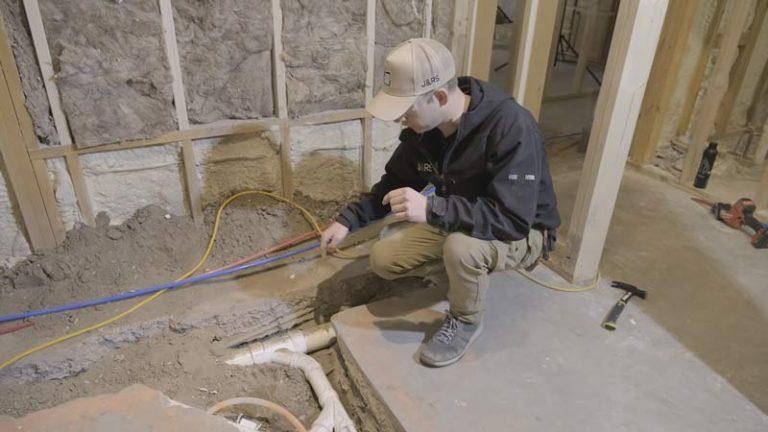Do You Pay Plumbers Upfront? The Answer Might Save You Thousands!
You have a plumbing crisis, and you’ve found a professional who can fix it. But then comes the awkward moment: they ask for a significant payment before a single tool has been touched. A wave of uncertainty hits you. Is this a standard industry practice, or is this the first sign of a costly scam?
This hesitation is completely normal. Homeowners often feel pressured and unsure about paying for services upfront, fearing the plumber might take the money and deliver subpar work—or disappear entirely. The truth is, while some form of upfront payment can be a legitimate part of the process, knowing the difference between a standard deposit and a major red flag is crucial for protecting your investment.
This guide will break down everything you need to know about paying plumbers. We will explore when it’s normal to pay ahead of time, what payment structures are fair, and how to identify warning signs that should make you walk away. Armed with this knowledge, you can approach your next plumbing project with confidence.
You'll Learn About
The Big Question: Is It Normal to Pay a Plumber Before Work Starts?
Yes, in many situations, it is perfectly normal for a plumber to request some form of payment before the work begins. However, it is highly unusual and a significant red flag for a reputable plumber to demand 100% of the payment upfront, especially for larger jobs. The key is to understand the different types of upfront payments and why they are requested.
Typically, an upfront payment takes the form of a deposit or down payment. This is not for the plumber’s labor but is primarily used to cover the initial costs associated with your project. For minor repairs like a clogged drain or a leaky faucet, upfront payments are rare; payment is almost always expected upon completion.
Why Plumbers Ask for Money Upfront: A Look from Their Perspective
Understanding a plumber’s reasoning can help demystify the request for an upfront payment. For a professional plumbing business, a deposit serves as a crucial tool for managing their finances and project logistics, ensuring a smooth process for both them and the client.
Covering Material Costs
Many plumbing jobs require specific, and often expensive, materials. A new water heater, high-quality PEX piping for a repipe, or a specific brand of faucet are not items a plumber typically keeps in large quantities. A deposit ensures they have the cash flow to purchase these materials specifically for your job without taking on a financial risk themselves.
Securing Your Spot on the Schedule
A deposit also acts as a firm commitment from the homeowner. When you pay a deposit, you are securing a specific slot in the plumber’s busy schedule. This protects the plumber from last-minute cancellations, which can result in lost time and wages for their crew that could have been allocated to another project.
Weeding Out Non-Serious Inquiries
Reputable plumbers invest time in consultations, estimates, and project planning before the physical work starts. A deposit helps ensure that the customer is serious about moving forward with the project. It acts as a filter, allowing them to focus their valuable time and resources on committed clients.
The Red Flags: When Paying Upfront Is a Major Warning Sign
While deposits are normal, some payment requests should set off immediate alarm bells. Scammers and untrustworthy contractors often use upfront payments to their advantage, leaving homeowners with shoddy work or an abandoned project. Be extremely cautious if you encounter any of the following scenarios.
The single biggest red flag is a demand for the full payment before the project starts. Reputable contractors will almost always use a payment schedule tied to project milestones. Also, be wary of plumbers who pressure you with “today only” deals that require an immediate, large cash deposit.
A professional plumber should never hesitate to provide a detailed, written contract before accepting any money. If they insist on a verbal agreement or provide a vague document, it is a clear sign to find someone else. Similarly, a demand for cash-only payments for a large job is suspicious, as it can be a way to avoid creating a paper trail for tax or liability purposes.
The Anatomy of a Fair Plumbing Payment Structure
A fair payment structure protects both you and the plumber. It should align the payments you make with the progress of the work, ensuring you only pay for completed stages of the project. This is a topic that ties into the broader question of how professionals handle their finances; for instance, some homeowners wonder, “Do plumbers send a bill?” The answer is yes, and those bills should correspond to a pre-agreed payment schedule.
For most jobs, the payment structure will depend on the size and complexity of the work. Small repairs are typically paid upon completion, while larger installations and remodels follow a milestone-based plan. This structured approach is crucial for maintaining transparency and accountability throughout the project.

Below is a table that breaks down common payment scenarios. Understanding these standards will help you evaluate whether the terms your plumber is offering are reasonable and in line with industry best practices. This is particularly important for significant investments, where costs can be a major factor, similar to how one might research if a service like a Re-Bath installation fits their budget.
| Job Size & Type | Common Upfront Payment | Typical Final Payment | Key Considerations |
|---|---|---|---|
| Emergency Repair (e.g., Burst Pipe) | None / Service Call Fee | Due Immediately Upon Completion | The focus is on immediate resolution; payment is handled after the crisis is averted. |
| Minor Repair (e.g., Leaky Faucet) | None | Due Upon Completion | This is a standard service call; no deposit is typically required. |
| Fixture Installation (e.g., New Toilet) | 10-30% Deposit for Materials | Balance Due Upon Completion | Ensure the material cost is itemized in your written estimate. |
| Large Project (e.g., Full Repipe) | 10-30% Initial Deposit | Progress Payments & Final Balance | Never pay for more than the value of the work that has been completed to date. |
How to Protect Yourself: Your Payment Safety Checklist
Navigating payments with a plumber or any contractor requires diligence. By following a simple checklist, you can significantly reduce your risk of falling victim to a scam and ensure your project is completed to your satisfaction. These steps are your best defense against misunderstandings and fraudulent practices.
Always Get a Written Contract
Never, under any circumstances, should you hand over money without a signed, detailed contract. This legal document is your single most important piece of protection. It should clearly outline the full scope of work, a breakdown of costs for labor and materials, a specific payment schedule, projected start and end dates, warranty information, and the plumber’s license number.
Understand Your State’s Laws
Many homeowners are unaware that their state may have laws that limit the amount of money a contractor can request as a deposit. For instance, some states cap deposits at 10% of the total project cost or $1,000, whichever is less. A quick online search for your state’s contractor deposit laws can provide invaluable information and legal leverage.
Use a Credit Card When Possible
Paying your deposit with a credit card offers a powerful layer of consumer protection that cash or checks do not. If a contractor fails to perform the work as agreed, you can dispute the charge with your credit card company. This process, known as a chargeback, can often help you recover your funds in cases of fraud or non-performance.
Verify the Plumber’s Credentials
Before signing a contract or making a payment, do your homework. Verify that the plumber holds a valid state license and carries both liability insurance and worker’s compensation insurance. An uninsured plumber could leave you financially responsible for any accidents or property damage that occurs during the job.
Negotiating Payment Terms with Your Plumber
Remember that the contract and its terms are a business agreement, and negotiation is often possible. If a plumber’s requested deposit seems excessively high compared to the cost of materials, it is perfectly reasonable to ask for a justification or propose a lower amount. A professional and confident business owner will be able to explain their reasoning.
Proposing a payment schedule tied to clear, verifiable milestones is one of the fairest approaches for both parties. For example, you might agree to an initial deposit for materials, a second payment after the rough-in plumbing passes inspection, and the final payment upon satisfactory completion of all work. This ensures that your payments stay aligned with the tangible progress of the job.
A plumber’s professionalism is often reflected in their tools and organization. A contractor who has invested in the best power tool ecosystem, for example, often demonstrates a commitment to efficiency and quality, which can be a good indicator of their overall business practices.
What If I Already Paid and the Plumber Disappeared?
Discovering that a contractor has taken your money and abandoned the job is a distressing experience, but you have options for recourse. The first step is to attempt communication through multiple channels—phone, email, and certified mail—and document every attempt meticulously.
If the plumber remains unresponsive, your next step is to file formal complaints. Contact your state’s contractor licensing board and the Better Business Bureau (BBB) to report the incident. If you paid with a credit card, initiate a chargeback immediately. For larger sums, you may need to consult with an attorney to explore your legal options, which could include filing a lawsuit or a claim against their license bond.
The Bottom Line on Paying Plumbers
Ultimately, the question isn’t just “do you pay plumbers upfront,” but rather “how do you pay them in a smart, protected way?” Paying a reasonable deposit for materials and to secure a booking is a normal and acceptable part of the industry. It is the demand for full payment or an unusually large, high-pressure deposit that should be a deal-breaker.
Your best tools are a detailed written contract, a fair milestone-based payment schedule, and thorough verification of the plumber’s credentials. Never let anyone pressure you into making a hasty financial decision. Trust your instincts—if a payment request feels wrong, it probably is. By staying informed and cautious, you can ensure your plumbing project is a success from start to finish.


